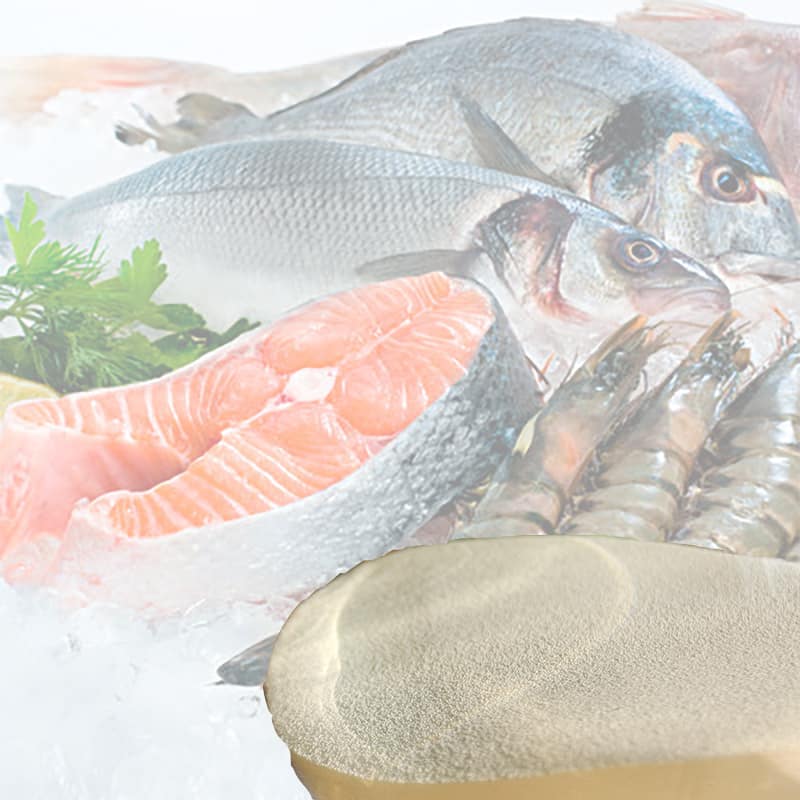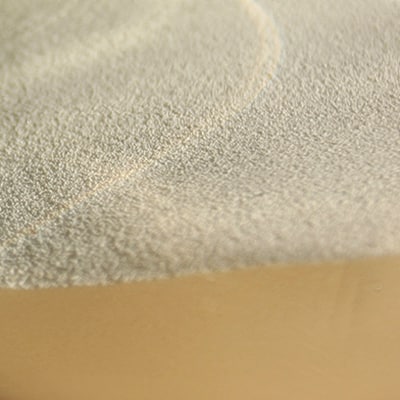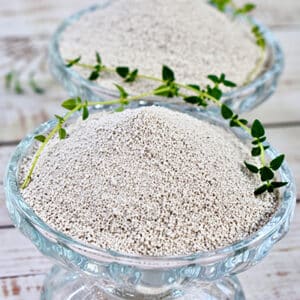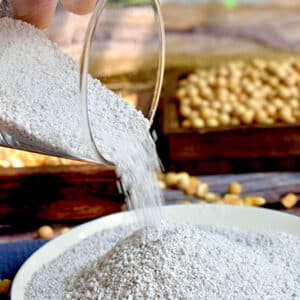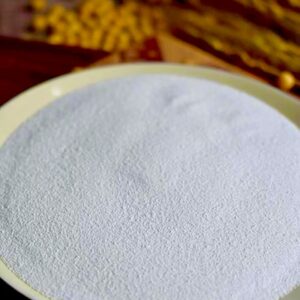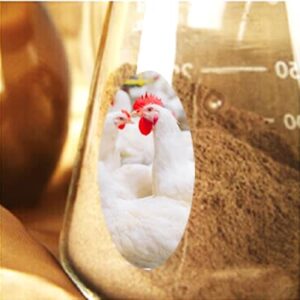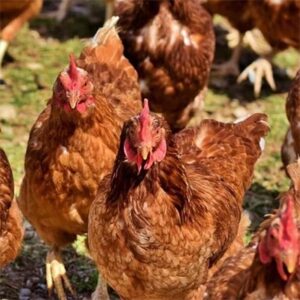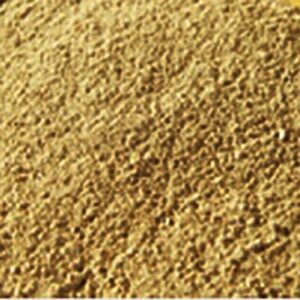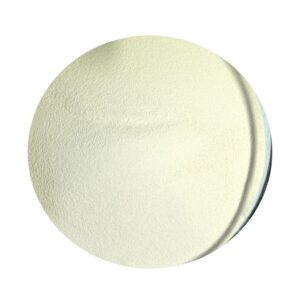Product Video
Product Introduction
Product Description
Xylanase has the characteristics of high activity, high stability, and high degradation. Xylanase is an enzyme that breaks down linear polysaccharide -1, 4-xylan into xylose. It adopts liquid deep fermentation technology, and excellent post-treatment technology. Xylanase can effectively degrade the anti-nutrient factor Araboxylan, improve animal performance and disease resistance, reduce the cost of feeding prescription, and reduce the pollution of animal excretion.
Feed enzymes are produced by microbial fermentation and are added to feed to improve digestion and utilization of feed or improve metabolic efficiency in animals. Enzymes that can be added to feed include Protease Mix, Thermostable Phytase, Highly Efficient Phytase, NSP Enzyme, Lipase, Pectinase, Cellulase, α-Amylase, Alpha- Galactosidase, Beta-Glucanase, Glucose Oxidase, Thermostable Acid Protease, Acid Protease, Thermostable Acid Beta-Mannanase, Beta-Mannanase, Xylanase, etc.
About 70% or more of poultry sticky wheat rations worldwide have enzymes added to them, and nearly 90% of poultry feeds in Europe contain enzymes.
Enzyme preparations are divided into three main categories:
Non-starch polysaccharidases
Non-starch polysaccharide enzymes include xylanase, β-glucanase, β-mannanase, cellulase, α-galactosidase, pectinase, etc., which act on the corresponding NSP in the feed. livestock and poultry do not secrete this type of enzyme and must be added exogenously from the feed, which is the main enzyme preparation for feeding.
Phytase
Phytase has a special spatial structure that sequentially separates phosphorus from phytic acid molecules and degrades phytic acid (salt) into inositol and inorganic phosphorus while releasing other nutrients bound to phytic acid (salt).
Endogenous digestive enzymes
Endogenous digestive enzymes are enzymes that can be secreted by the animal’s digestive tract itself, mainly proteases, amylases, and lipases. In some special cases, endogenous enzymes also need to be supplemented by the feed.
Production Features
- Enhance the activity of digestive enzymes in animals and promote the uptake of nutrients in the intestines and stomach.
- Degrades soluble non-starch polysaccharides and reduces the viscosity of chyme in the gastrointestinal tract.
- Inhibit the growth of anaerobic bacteria and reduce the content of intestinal microbes.
- Break down plant cell walls by degrading xylan to better release nutrients and improve digestibility.
Product Parameter
Appearance: white or light yellow particles. Uniform particles, beautiful appearance, good fluidity, and high activity, can be evenly mixed with the whole feed, to ensure the overall effect of the feed. Granular xylanase can reduce xylanase dust consumption and electrostatic adsorption, easy to use, easy to transport, and preservation.
Ingredients: contains endogenousβ-xylanase, exogenousβ-xylanase, and Xylo-disaccharidase.
Activity : 50,000U/g, 100,000U/g, 400,000U/g.
Particle size : 125 ~ 300μm.
Product Application:
Species: Livestock farm, poultry farm, and aquaculture farm, except ruminant.
Recommended Dosage: 3000-5000 U/kg of complete feed.
Product Packaging And Key Points:
Package: 25kg/bag
HS Code: 2309901000
CAS number: 9025-57-4
Loss on Drying: Not more than 10%
Store in a dry, ventilated, and cool place. Avoid storage in high temperatures and humidity. Please keep sealed after opening.
FAQ
A: No, according to customer needs.
A: The professional QC team will control the quality of the goods during all mass production, or if you wish, you can arrange a third-party inspection service. We will provide bulk samples for evaluation before shipment.
A: The sample is free, but the freight is payable. Please contact us in advance if you need samples. You can prepay shipping charges via PayPal or Western Union, and we will send samples as soon as we receive your shipping charges. Or you can provide your courier (DHL, TNT, etc.) account to us for pickup.
A: We can provide customers with full supervision of the procurement process and deliver the most satisfactory goods to them.
Accept delivery terms: FOB, CFR, CIF, EXW, CIP, DDP, express; Accept payment currencies: US dollars, Euros.
A: Yes, we do. We are a professional company in livestock farm products. We have a professional and strict quality control, we must provide you the best service for your need. Our product service department will keep in touch with customers and reply at any time.
Yes, we accept ordering samples to check quality. And mixing samples is acceptable.
A: For preparing samples, depending on the number of samples and process requirements, our preparation time is 1-7 days. International express delivery time is 3-7 days.
Related products
-
Animal Feed Additive Products
Mono-Dicalcium Phosphate MDCP Feed Additive
-
Animal Feed Additive Products
Mono Calcium Phosphate MCP Feed Additive
-
Animal Feed Additive Products
Tricalcium Phosphate TCP Feed Additive
-
Butyric Salts And Formic Acid salts
Livestock Feed Additive 60% Powdered Tributyrin
-
Feed Enzyme
Feed Additive Feed Enzyme Pectinase
-
Feed Enzyme
Animal Feed Additive Alpha-Galactosidase
-
Feed Enzyme
Animal Feed Additive Acid Protease
-
Feed Enzyme
Feed Additive Thermostable Acid Beta-Mannanase

